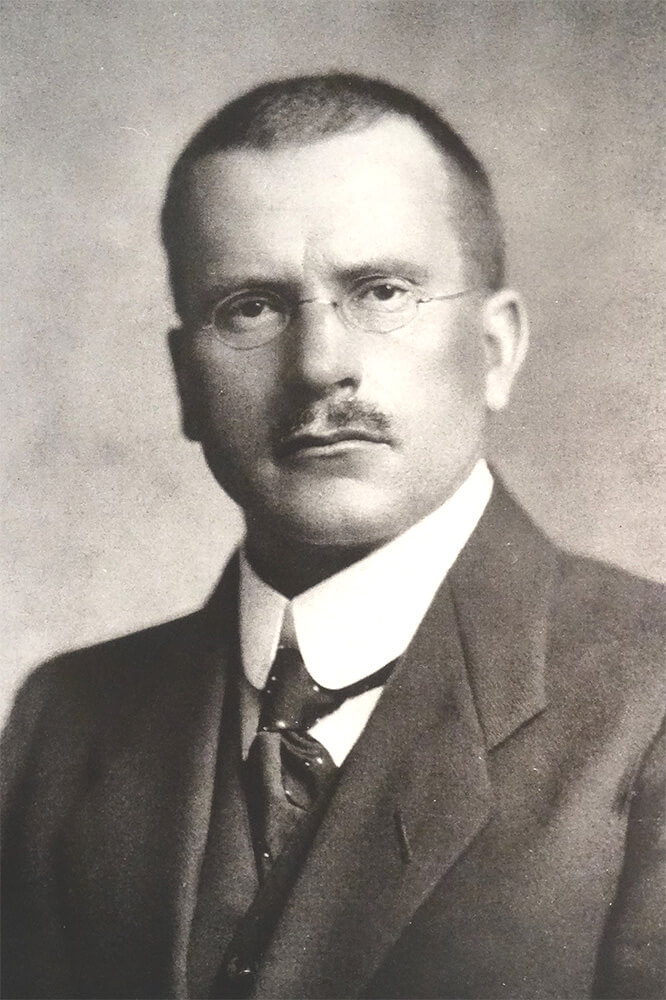Free Call - Jung's Archetype Demo Site
Schedule a free consultation to find out!
Carl Jung
“I look forward to earning your trust, working together, and helping you accomplish your goals!”
Carl Gustav Jung was born in Switzerland. The situation was complicated. His older brother had died at just a few days old. His mother suffered from depression, and as a result, she was in and out of his life. These experiences, along with several others from childhood, greatly affected the introverted youth. It is no surprise that he would go on to help others understand how memories, including those we can’t consciously remember, play a determinative role in our lives.
Jung headed off to college intending to study something prestigious. At the time, psychiatry was in its infancy, and it did not have the prestige he desired. Nevertheless, he found himself falling in love with the subject. He decided to study medicine with an emphasis on psychiatry. At one point, he wasn’t sure if he would get through these studies, because his father passed away and left him without any money. However, his extended family came through for him and helped him finish his education.
Carl Jung studied at the University of Basel. As a student, he began working at the Burgholzli psychiatric hospital under a leading psychiatrist named Eugene Bleuler. Jung gained a lot of experienced training under the man. Within a few years, he had published his dissertation, and shortly after that a second book.
Bleuler was in correspondence with Sigmund Freud, the leader in his field at the time. Jung followed suit, sending a copy of his book to Freud. The two began corresponding, and Jung essentially trained under this forefather of psychoanalysis. In fact, Freud founded the International Psychoanalytic Association and named Jung the first head of the organization. Unfortunately, the two ultimately parted ways, and Jung developed his own approach to psychoanalysis, building on what Freud had taught him but also incorporating new theories of his own.
Jung’s experience began with his training under Bleuler and Freud. The former was more hands-on clinical experience while the latter was primarily academic. After the split from Freud, which happened around the same time as World War I, Jung took a break from clinical work to focus on his own mental health. At this time, he began to work on The Red Book, a journal about his own mental health journey. You could say that in many ways he was his own best patient; his work on this journal lasted well over a decade as he explored the depths of his own unconscious.
Jung spent several decades traveling to gain a deeper understanding of human psychology. For example, he took extensive trips to India and Africa, where he engaged in deep dialogue with the people living in the region as a means to gain insight into their belief systems. Rather than use his experience to work with one client at a time, he focused on writing books about his theories, which have been used to help countless people.


